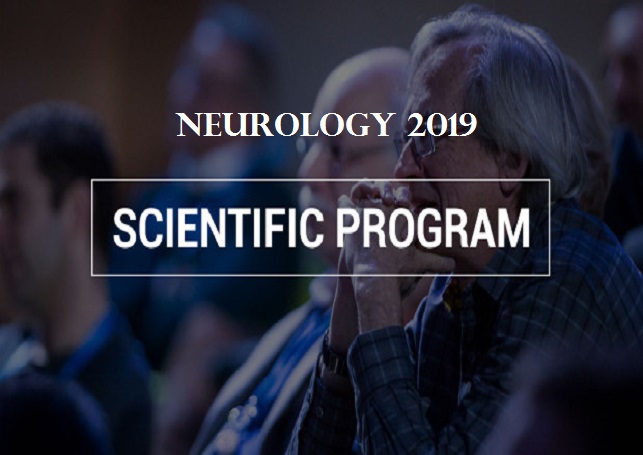
Teodoro J Oscanoa
Universidad de San MartÃn de Porres, Peru
Title: Use of angiotensin II receptor blockers (ARBs), angiotensin I-converting enzyme (ACE) polymorphism and associations with memory performance in older people
Biography
Biography: Teodoro J Oscanoa
Abstract
Statement of the Problem: Angiotensin II is associated with poorly conditioned learning in animals, which improves with angiotensin I-converting enzyme (ACE) inhibitors and angiotensin II receptor blockers (ARB). Recent clinical studies have provided evidence of the protective cognitive effect of ARBs, reducing the incidence of cognitive impairment of aging and progression of Alzheimer's disease and vascular dementia. Genetic studies have found an association between cognitive or memory impairment in Alzheimer’s disease and the ACE insertion (I)/deletion (D) polymorphism.
Aim: The aim of the present study is to determine the relationship between the use of ARBs, memory performance and its association with ACE polymorphisms in older adults.
Methodology: A retrospective observational case-control study was conducted. One hundred four patients over 60 years of age and without cognitive disorder were included, 52 cases (ARBs users) and 52 controls (non-users). The Wechsler Memory Scale was used to evaluate memory. ACE I/D polymorphism was determined in all patients.
Findings: The average age and years of education in cases and controls were 75.33 + 7.55 and 72.02+7.01 (p<0.05), and 11.25+ 4.09 and 12.21+3.47 (p>0.05), respectively. The genotype distribution of ACE polymorphism agreed with the Hardy–Weinberg equilibrium (p = 0.489). The frequencies of I/I, I/D and D/D alleles were 48%, 40% y 12%, respectively. No significant difference in memory performance was found between cases and controls with genotype ACE I/D and D/D. In I/I patients, memory scores were higher in cases than controls: 99.46+5.45 vs. 95.0+ 5.71 (p<0.001). A multiple linear regression predicting memory score in the total sample (predictors: age, years of education and I/I status) showed that I/I status was not an independent predictor of memory performance.
Conclusion & Significance: Older ARB users seemed to have better memory performance in the presence of the ACE I/I polymorphism.
Funding: ESSALUD - Kaelin Grant, Institute of Health Technology Assessment and Research-IETSI (Resolution No. 04-IETSI-ESSALUD-2016). Lima Peru.

